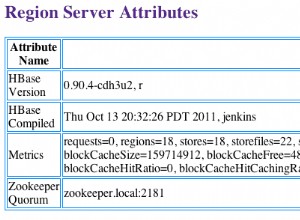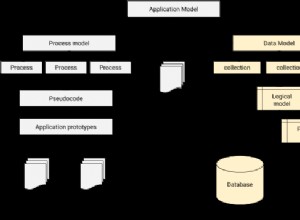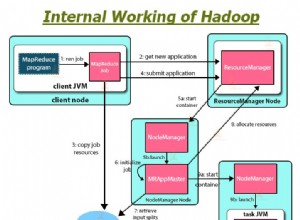उ1:हाँ, वे एक ही कनेक्शन पूल का उपयोग करते हैं।
उ2:यह एक अच्छा अभ्यास नहीं है। चूंकि आप इस उदाहरण के प्रारंभ को नियंत्रित नहीं कर सकते हैं। एक विकल्प सिंगलटन का उपयोग किया जा सकता है।
import redis
class Singleton(type):
"""
An metaclass for singleton purpose. Every singleton class should inherit from this class by 'metaclass=Singleton'.
"""
_instances = {}
def __call__(cls, *args, **kwargs):
if cls not in cls._instances:
cls._instances[cls] = super(Singleton, cls).__call__(*args, **kwargs)
return cls._instances[cls]
class RedisClient(object):
def __init__(self):
self.pool = redis.ConnectionPool(host = HOST, port = PORT, password = PASSWORD)
@property
def conn(self):
if not hasattr(self, '_conn'):
self.getConnection()
return self._conn
def getConnection(self):
self._conn = redis.Redis(connection_pool = self.pool)
फिर RedisClient सिंगलटन वर्ग होगा। कोई फर्क नहीं पड़ता कि आप कितनी बार client = RedisClient() को कॉल करते हैं , आपको वही वस्तु मिलेगी।
तो आप इसे इस तरह इस्तेमाल कर सकते हैं:
from RedisClient import RedisClient
client = RedisClient()
species = 'lion'
key = 'zoo:{0}'.format(species)
data = client.conn.hmget(key, 'age', 'weight')
print(data)
और पहली बार जब आप client = RedisClient() . को कॉल करते हैं वास्तव में इस उदाहरण को प्रारंभ करेगा।
या आप अलग-अलग तर्कों के आधार पर अलग-अलग उदाहरण प्राप्त करना चाह सकते हैं:
class Singleton(type):
"""
An metaclass for singleton purpose. Every singleton class should inherit from this class by 'metaclass=Singleton'.
"""
_instances = {}
def __call__(cls, *args, **kwargs):
key = (args, tuple(sorted(kwargs.items())))
if cls not in cls._instances:
cls._instances[cls] = {}
if key not in cls._instances[cls]:
cls._instances[cls][key] = super(Singleton, cls).__call__(*args, **kwargs)
return cls._instances[cls][key]




